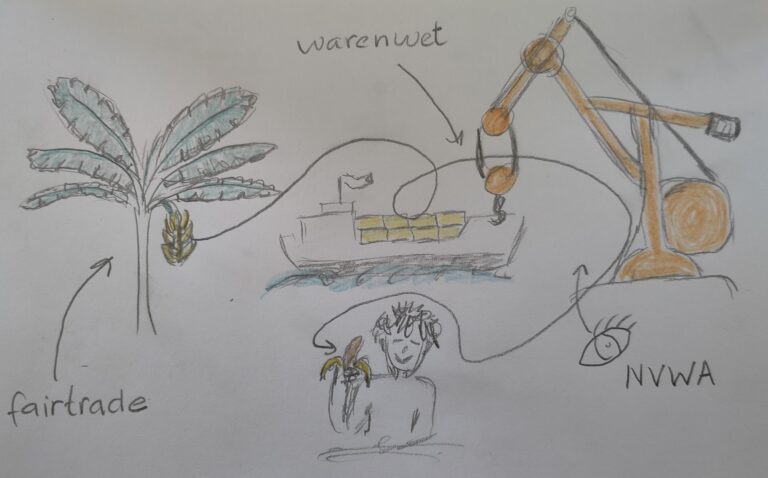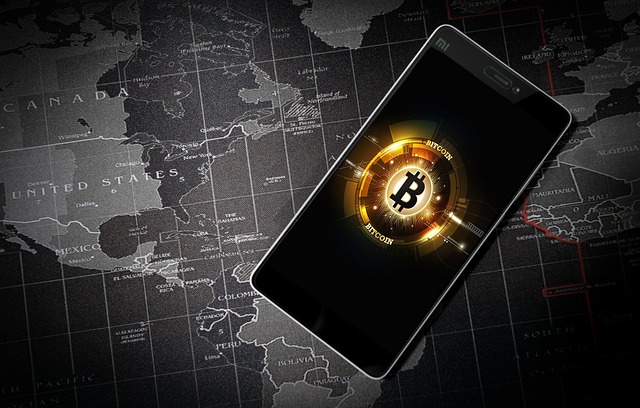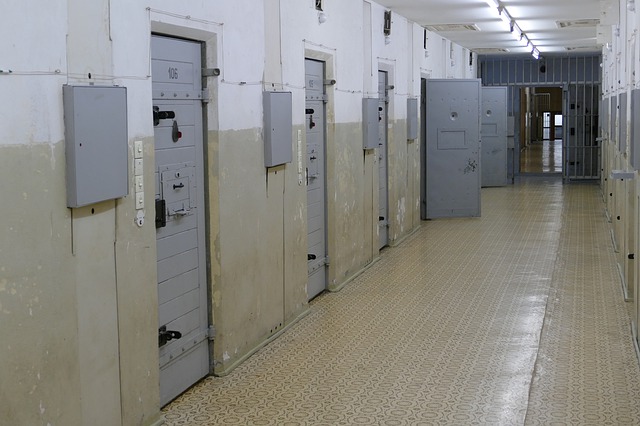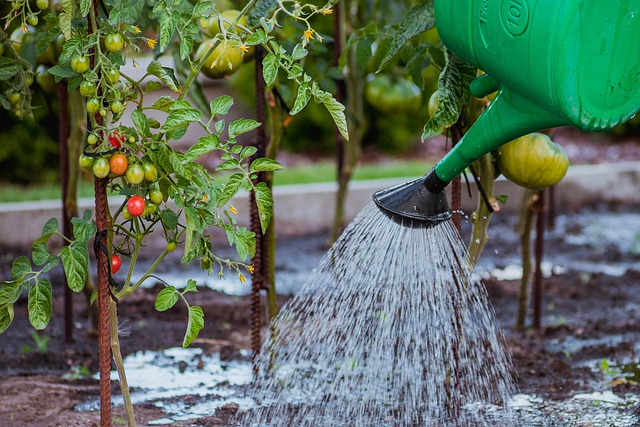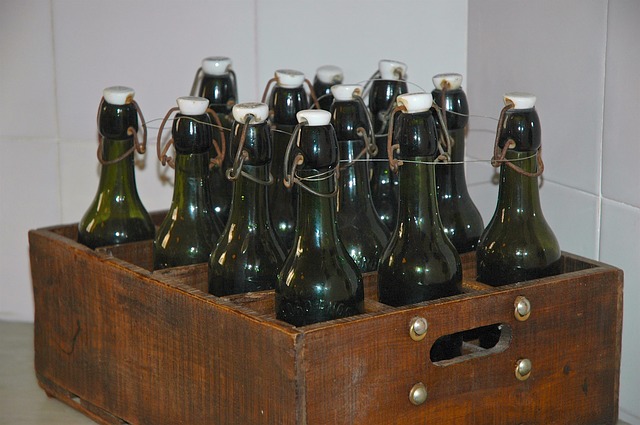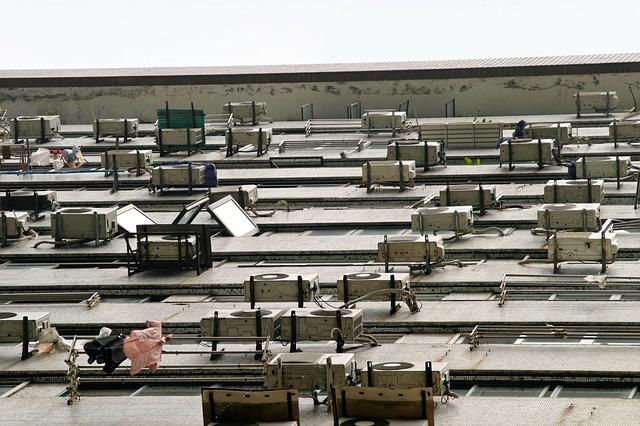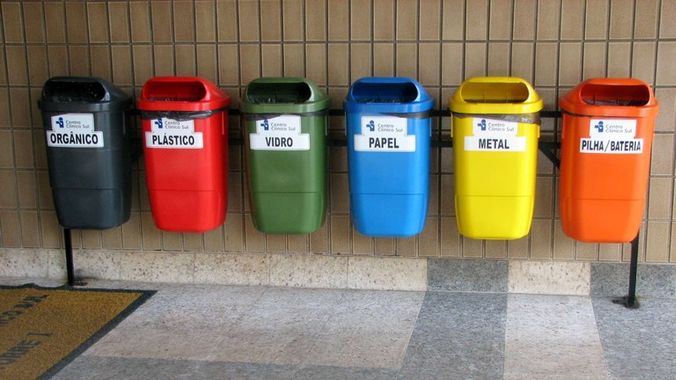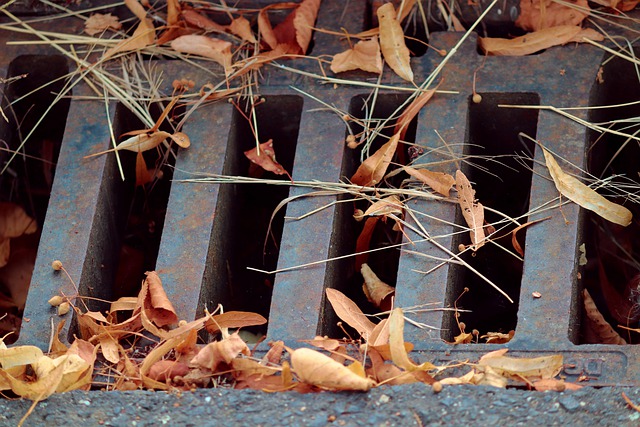Rethinking Economic Literacy: Introducing Systems of Provisioning
What if economics lessons didn’t begin with abstract supply and demand models, but with simple questions like: How do we stay warm, get dressed, or drink clean water? This article introduces the idea of ‘systems of provisioning’ — practical frameworks that help students see how the economy is woven into daily life and embedded in society and nature. By tracing how different needs are organised and comparing how choices ripple through people, resources and institutions, learners build real-world understanding and the reflective skills they need to navigate — and help shape — the economy of tomorrow.

